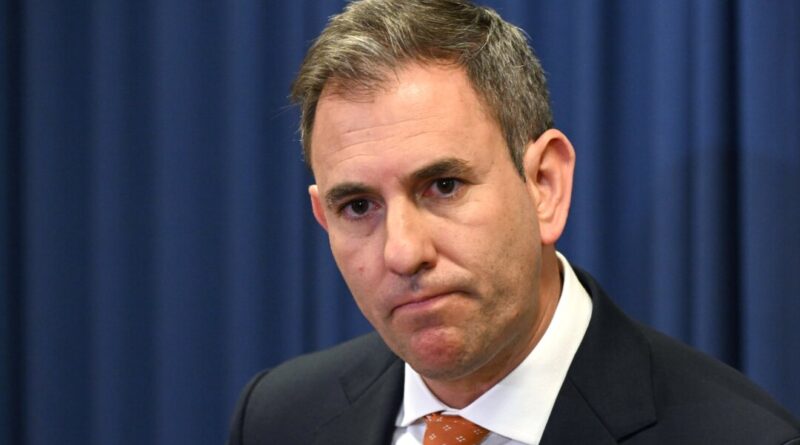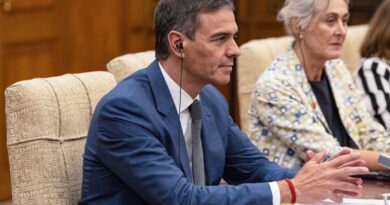Global Instability Held Responsible for Australia’s Inflation Challenges as Per Treasurer
Chalmers has ruled out making changes to negative gearing, citing that the review conducted did not indicate any impact on addressing the housing supply crisis.
Treasurer Jim Chalmers has pointed to global economic instability as a key factor contributing to Australia’s inflation struggles.
Despite ongoing challenges, other advanced economies are showing signs of improvement while Australia continues to face hurdles. Chalmers, currently in the United States, discussed these issues with ABC on Oct. 25, highlighting the impact of international pressures such as conflicts in the Middle East and Ukraine, economic slowdowns in China, and political uncertainties in the U.S.
Australia’s inflation forecast remains worrisome, with the International Monetary Fund (IMF) predicting a 3.6 percent inflation rate by the end of 2025. This places Australia among the developed world with one of the highest inflation rates, with only Slovakia expected to fare worse.
Chalmers noted that Australia’s inflation peaked later and lower compared to other countries, and emphasized that most OECD nations experienced setbacks over the past year, unlike Australia.
The IMF acknowledged Australia’s measured approach to combat inflation by opting for less aggressive monetary tightening to preserve employment levels.
Chalmers highlighted Australia’s stronger-than-expected job growth as a positive outcome amidst the challenges, pointing out the country’s low unemployment rate.
Budget Surpluses and Responsible Economic Management
Chalmers defended his government’s fiscal management amidst criticisms regarding its impact on inflation. He highlighted the delivery of two consecutive budget surpluses for the first time in two decades, emphasizing the importance of the budget in reducing inflation. Critics raised concerns about the budget’s potential inflationary impact, but Chalmers defended the government’s spending restraint.
He mentioned that Australia’s banking of the surplus earned praise from the IMF, helping the government manage inflation while maintaining a strong labor market. While job growth has been consistent, it has largely been fueled by government spending in the aged care sector and National Disability Insurance Scheme (NDIS).
Shadow Treasurer Angus Taylor criticized the government’s handling of inflation, highlighting the disparity in interest rate trends between Australia and other countries like the U.S. and UK.
Negative Gearing Review: No Changes Expected
Chalmers confirmed that based on a recent review, there are no plans to make changes to negative gearing tax deductions. The review did not convince him that altering this issue would positively impact the housing crisis. Instead, the government is focused on increasing housing supply rather than addressing demand through tax reforms.
Chalmers rejected the notion that abolishing negative gearing or the capital gains tax discount would significantly improve housing affordability or availability. He stated that the government has found better ways to invest in building homes to address the housing shortage.
Opposition Leader Peter Dutton declared that the Liberal-National Coalition would not modify negative gearing if they win the upcoming election. The debate over negative gearing and capital gains tax reforms resurfaced following the government’s review, with Dutton announcing a $5 billion housing plan aimed at accelerating the construction of 500,000 new homes by funding critical infrastructure.
The plan focuses on greenfield developments and offers funding on a “use-it-or-lose-it” basis to encourage prompt developer action to tackle supply issues effectively.



